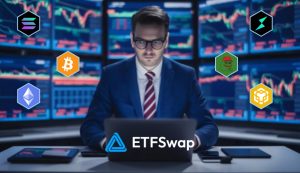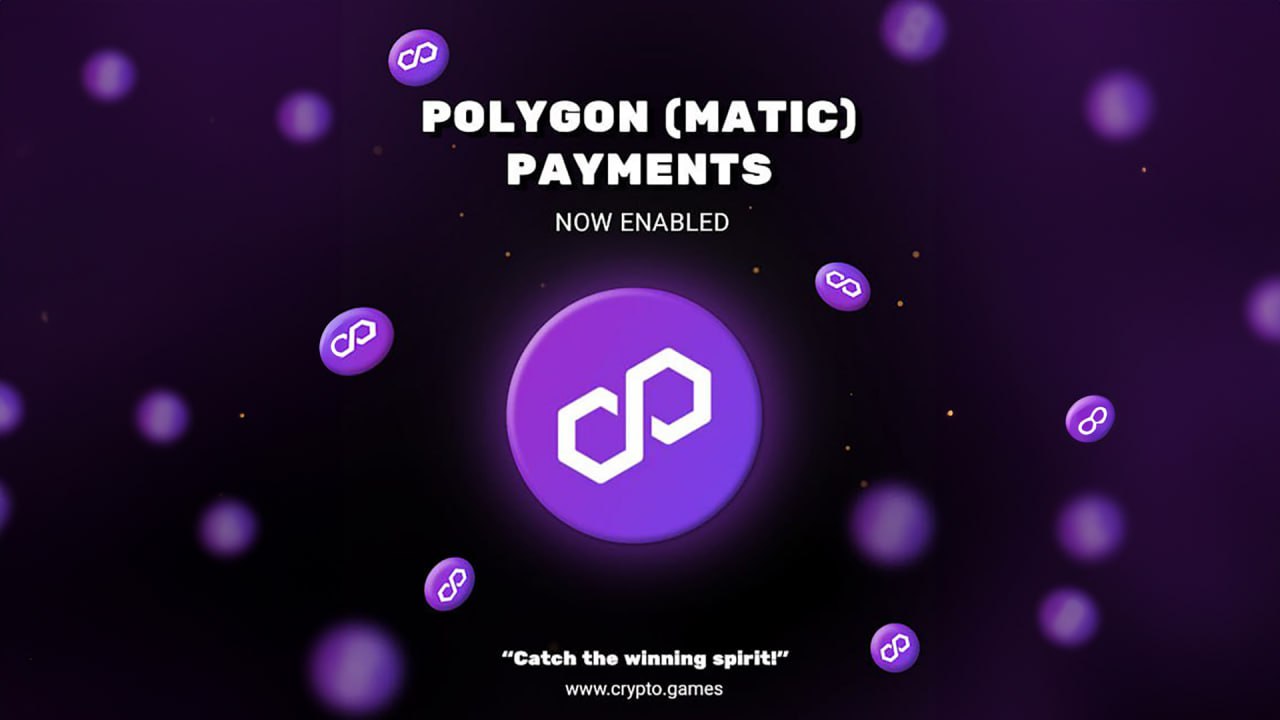Understanding the Concept of a DeFi Aggregator
A DeFi Aggregator refers to a platform that consolidates trades from various decentralized finance platforms (DeFi) into a single location. This platform is designed to save users time and enhance efficiency when it comes to cryptocurrency trades. DeFi, as the name suggests, is spread across different blockchains such as Ethereum and Binance Smart Chain. Each blockchain has its own ecosystem of isolated financial protocols.
The availability of a wide range of protocols is advantageous for diversifying investments and obtaining the best yield rates from crypto lending. However, the scattered nature of financial information across multiple protocols hampers efficiency and convenience. This is where DeFi aggregators play a crucial role.
DeFi aggregators collect the most favorable prices from decentralized exchanges (DEXs), lending services, and liquidity pools and present them in one place. This enables users to optimize their trades. Without an aggregator, users would have to individually visit each platform to compare prices and find the most favorable deal. They would then have to manually execute each transaction using smart contracts. While this approach may suffice for casual crypto trading, it limits those who wish to implement advanced trading strategies.
Aggregators not only aggregate the best prices but some also provide a unique and user-friendly way to analyze and combine other users’ trading strategies. This is made possible through a convenient drag and drop mechanism. Users can create their own entirely new strategy by drawing inspiration from successful traders. The drag and drop mechanism also aids users in visualizing complex DeFi protocols by building blocks on top of one another.
Aggregators prioritize user experience and interface design, offering a significantly superior experience compared to manually interacting with liquidity layers. This helps users who may not possess extensive knowledge about crypto to navigate the world of DeFi with ease.
One potential drawback of using a DeFi aggregator is the gas fees. As Ethereum continues to reach new all-time highs and network volume increases, gas fees tend to follow this upward trend. Generally, gas fees are higher on aggregators compared to using individual protocols. However, some aggregators have found a solution to this problem by incorporating gas tokens or gas cubes into their platforms. These tokens enable users to save money on gas fees. It is important to note that while gas fees may be higher on an aggregator, the optimization and efficiency it provides can outweigh the gas fee.
Despite attracting millions of new users to the cryptocurrency market, DeFi can still be overwhelming for some individuals due to the multitude of protocols to choose from and the industry-specific jargon. Consequently, many crypto enthusiasts prefer to hold cryptocurrencies like Bitcoin (BTC) in a wallet without utilizing them. DeFi aggregators have made it possible for these new entrants to benefit from DeFi without needing to comprehend the technical complexities of trading, coding, and blockchain. Aggregators empower these users and assist them in making better trading decisions.
In a decentralized economy like the one we are currently experiencing, it is important to centralize certain aspects of DeFi for the sake of efficiency. DeFi aggregators bring together the best of both worlds by combining centralized organization strategies with decentralized finance protocols. They have emerged as a vital tool in this new and exciting industry.
Author:
Hsuan-Ting Chu, the founder and CEO of DINNGO exchange and CEO of Furucombo, is a serial entrepreneur with extensive experience in startups, particularly in building new business models in the financial field.











